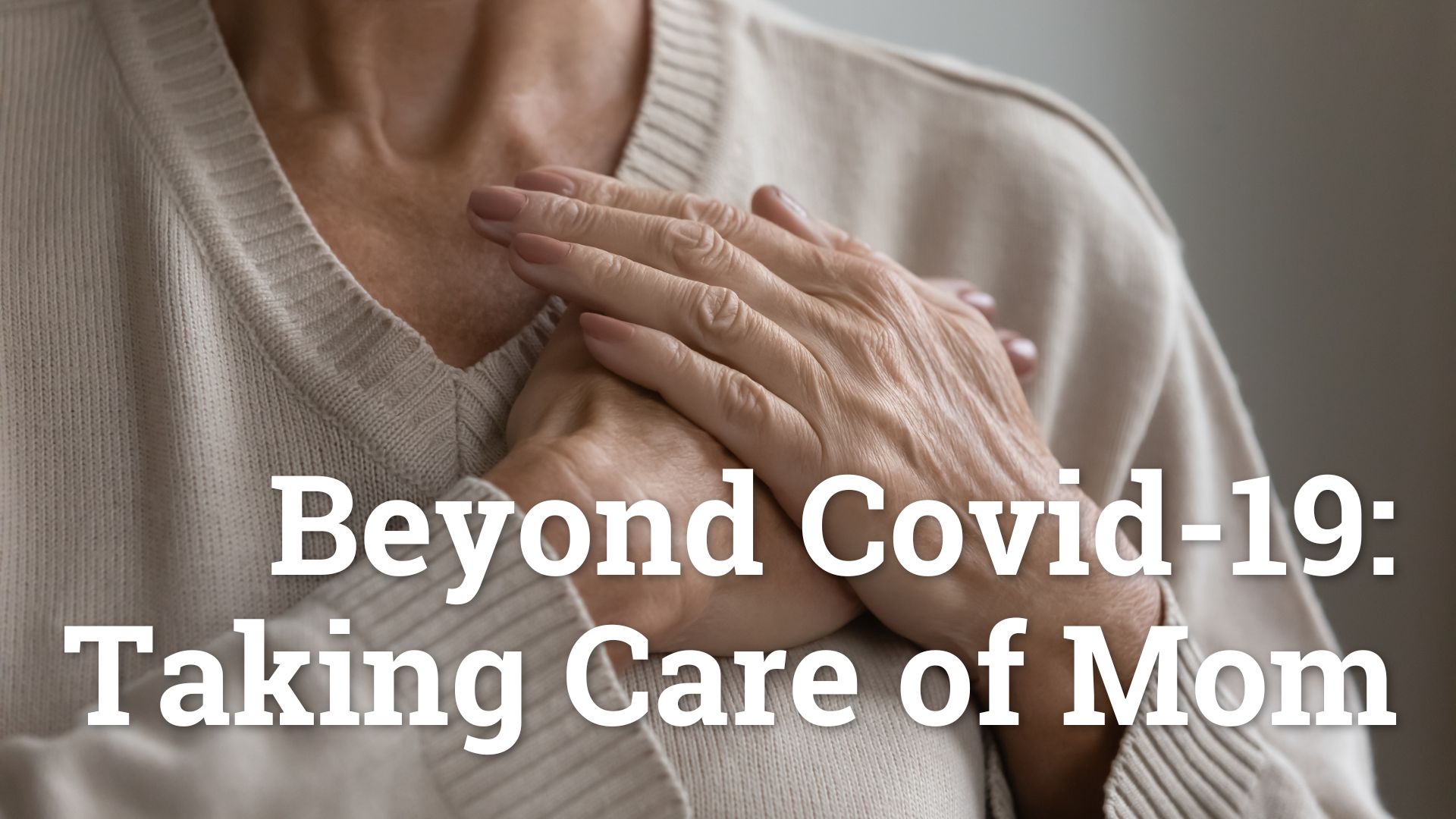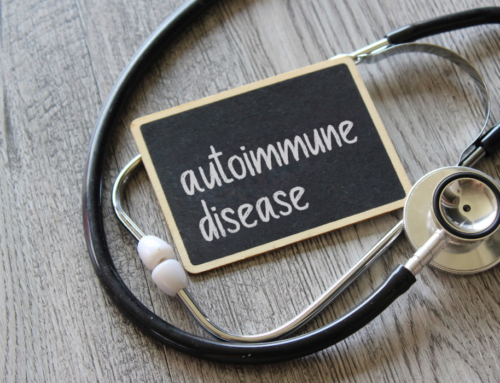
Beyond Covid-19: Taking Care of Mom
One of the biggest issues women face in their lifetimes is an increased risk for cardiovascular diseases (CVD), including heart attack and stroke.
Cardiovascular disease is the leading cause of death in women. It accounts for 1 out of every 3 female deaths in the US, with approximately 300,000 women dying of CVD in 2017 alone.
In fact, women have a much higher risk of dying of CVD than from uterine, breast, and ovarian cancers combined.
And women are less likely than men to receive optimal CVD therapy such as lifestyle changes, aspirin, and cholesterol or blood pressure medications.
Classic CVD risk factors that affect both women and men are:
- Diabetes
- Smoking
- Obesity/overweight
- High blood pressure
- High cholesterol
- Lack of exercise
For women, non-traditional risk factors for CVD also include:
- Pre-term delivery
- High blood pressure in pregnancy
- High sugar or diabetes in pregnancy
- Auto-immune disorders
- Breast cancer treatment
- Depression
- Menopause
As women enter into menopause, the cardioprotective effects of estrogen on women’s overall CV health, including its effects on blood pressure control, cholesterol, and weight, decreases.
And although women may experience the classic signs of a heart attack such as chest pain, jaw pain, left arm pain, and sweating, they can also have different symptoms such as decreased energy, fatigue, or dizziness.
So, what to do?
In addition to a healthy diet, regular exercise, quality sleep, and stress management:
- Know your numbers. While blood sugar (glucose) and LDL (bad) cholesterol are important, ask your medical provider for a “deeper” dive. There are advanced CV markers such as APO B, LDL-P, HsCRP, LP-PLA2, MPO, and Hemoglobin A1C that provide a broader picture of your CVD risk.
- Know your anatomy. There are simple non-invasive tests like a carotid intima media thickening study (CIMT) or coronary artery CT scan (CAC) that can look for early plaque in the arteries.
- Know your family. Inquire about your family history’s of CVD. Talk to your mom, grandmother, and aunts, if possible.
- Know your future. While menopause is inevitable, it is possible to decrease your overall CVD risk. Address CVD issues head-on with a functional medicine doctor to optimize your future health and vitality.
At Companion Health, we are here to help you live healthier, more joyful lives. We can evaluate CVD risks for you, your mom, or anyone you love.
Call us at 704-360-5018 or email us at [email protected] to schedule your free 15-minute consultation.
References
1) Circ Res. 2016 April 15; 118(8): 1273-1293. Cardiovascular Disease in Women: Clinical Perspectives. Garcia, M MD, et. Al.
2) CDC.gov/heartdisease/women
This is for general informational purposes only and does not constitute any practice of medicine or professional health care services of any type. The use of information on this blog is at the user’s own risk. The content of this blog is not intended to be a substitute for professional medical advice, for diagnosis, or for treatment. Please seek the care of your health care professionals for any questions or concerns.








